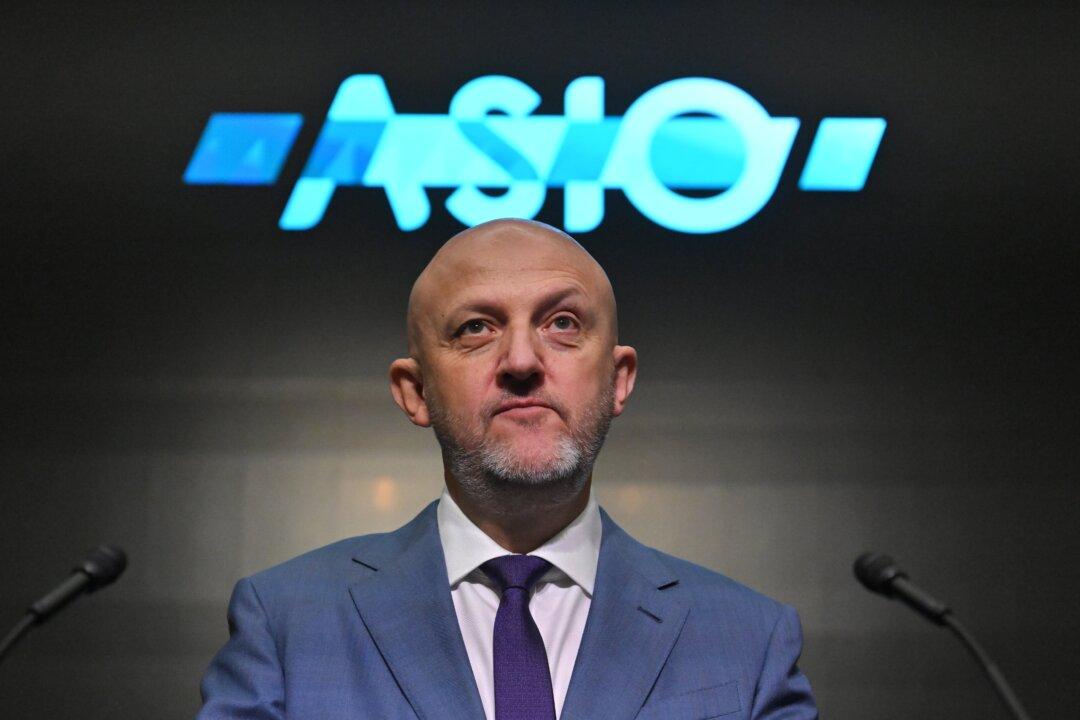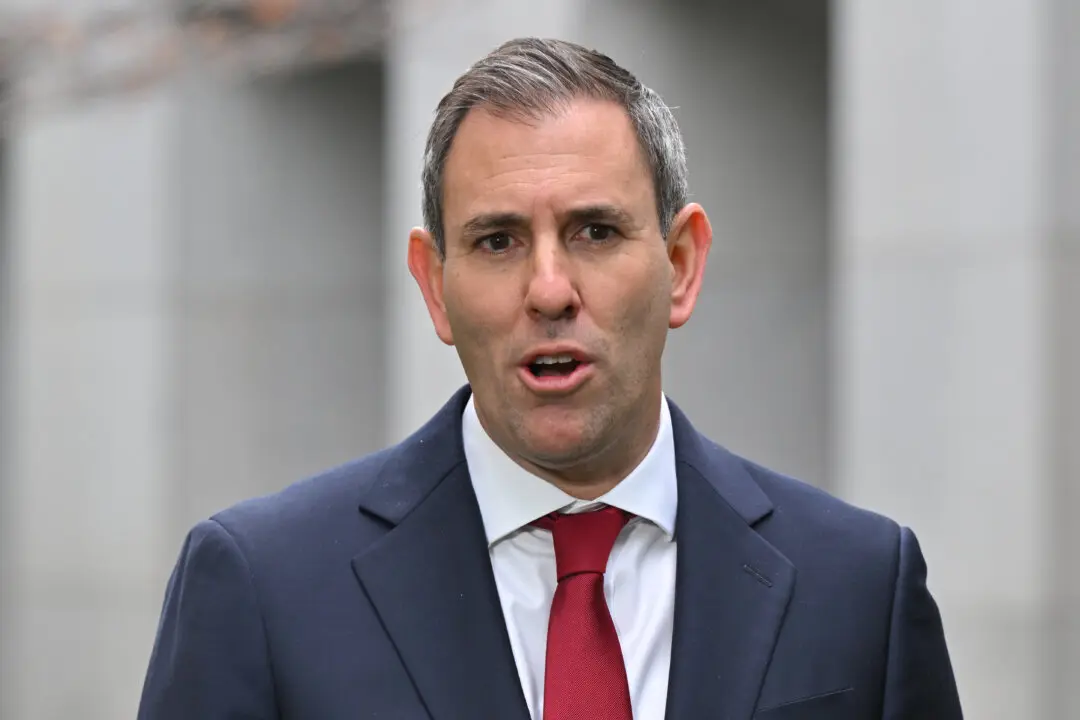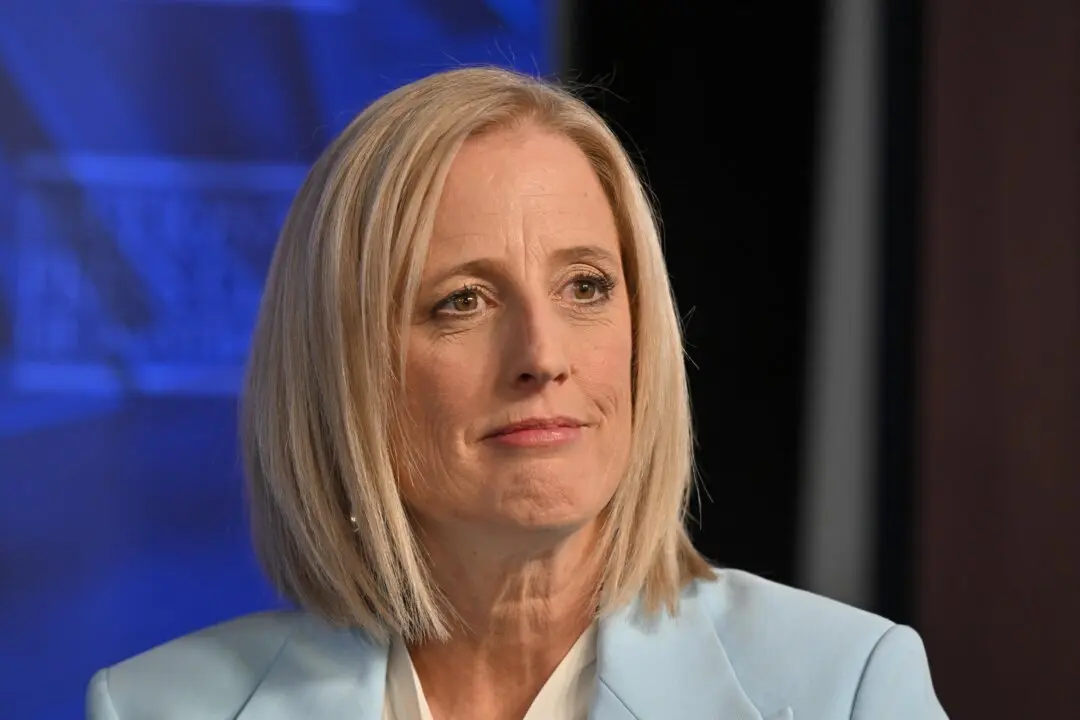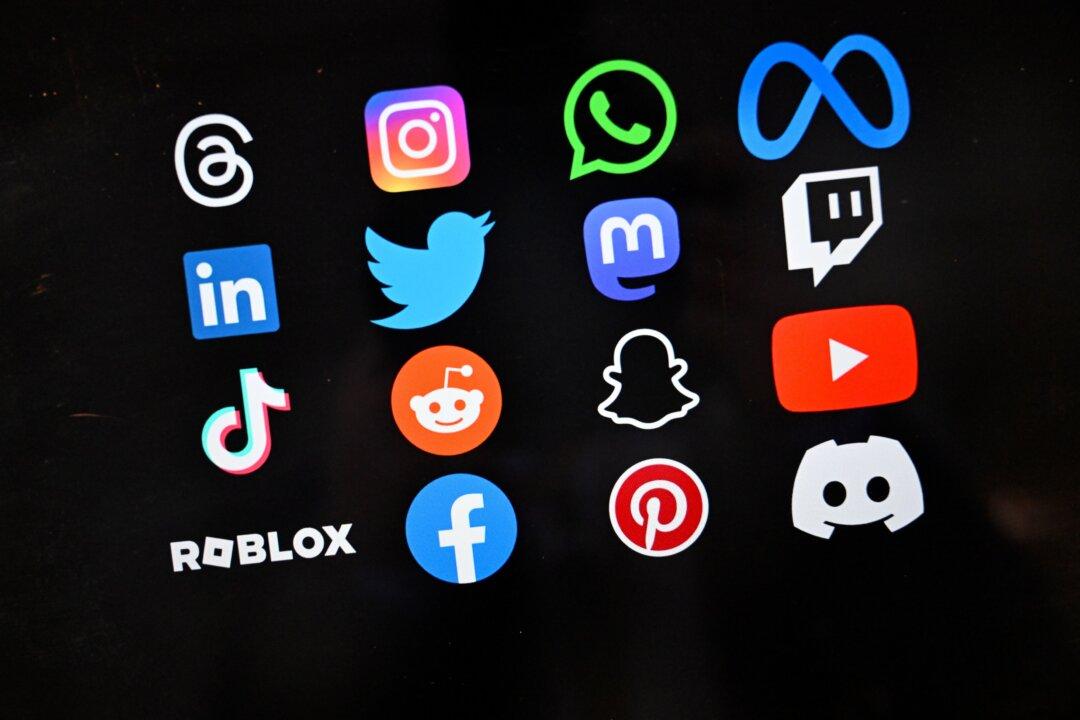New South Wales (NSW) Premier Chris Minns says anti-abortion campaigners are using “American-style misinformation” in the state’s abortion debate.
His comments followed reports that prominent anti-abortion activist Joanna Howe warned she would lead a grassroots campaign to oppose the leadership of NSW Opposition Leader Mark Speakman if he supported the Greens-led bill to expand abortion access.





